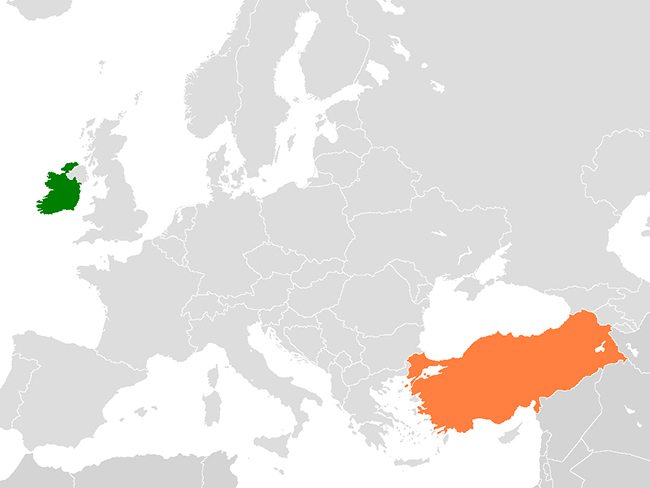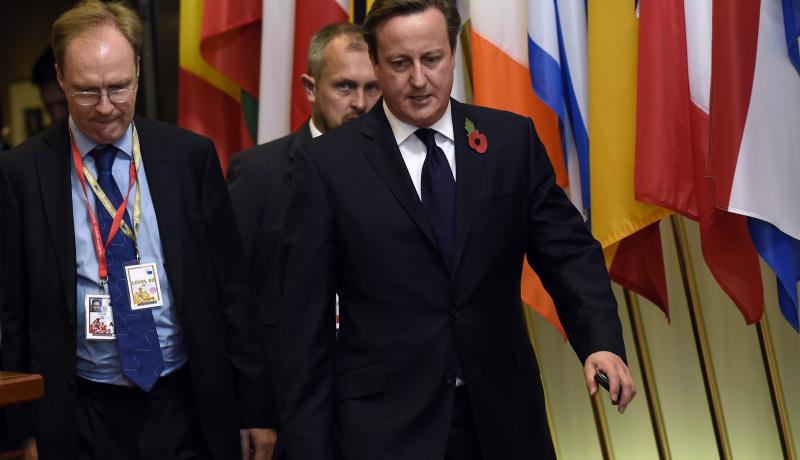
Sulaymaniyah, Iraq. 4 July 2003
Istanbul: 13 November 2014
Yesterday, three sailors from the uncontrollably violent neighborhood called America met the true face of Turkey. Poor boys, they don’t even know what they represent. They don’t even know that their so-called leaders have made them punching bags for its criminal enterprise called American imperialism. They don’t even know how America and its treasonous internal agents, in particular the Turkish government, are attempting to destroy the future of the Turkish youth.
Perhaps these American boys got a quick lesson in the true nature of Turkish-American relations yesterday? But, sadly, probably not. The American boys ran back to the false safety of their warship, re-entering their “safe” world of imperialist propaganda, economic excess and hypocrisy. But there is no safety anywhere any longer. That is the gift of America to Turkey, and to the world. As usual, America authorities and its treacherous collaborating Turkish puppets screamed in outrage. And, as usual, the youth of Turkey, the true defenders of the Republic of Turkey, went to jail for exercising their patriotic duty. Nothing has changed, except one thing. Turkish young people, the nation’s true patriotic voice, will not take American crap anymore. And America should understand that. Listen and learn, America. You owe it to your own youth. Think of it this way, think of it as a symbol.
That’s the way the resident American-imposed agent of destruction, Recep Tayyip Erdoğan, thought about his hooding of Turkish women into a grotesque series of Middle Age costumes that squeeze feminine brains into numb submission. So what, declared the then prime minister, if the head scarf is a political symbol? So what, indeed! Erdoğan used his compliant covered women to destroy democracy in his own country. He and his collaborators hid behind their women’s headscarves to do America’s dirty work. And now they cannot safely visit any neighborhood in their own land. No “hood” is safe for the hoodlums. And now the new president hides in a billion-dollar illegal palace, his inadvertent monument to treason. So what if he and his ilk cannot appear in public! So what!
So what if in 1980 the American president celebrated the success of his CIA-engineered military coup by proclaiming “Our boys did it!” Yes, then his gangster BOYZ did it. And yesterday, today’s Turkish youth remembered. And yesterday, our Turkish boys did it to America, symbolically, of course, because Turkish youth is civilized. They can be no other way; they are the current-day “soldiers of Mustafa Kemal Ataturk.” This is something that the treacherous opposition political polities can neither say nor understand. Yes, Turkish young people are civilized and enlightened by the patriotic principles of Mustafa Kemal Ataturk. That’s why, yesterday, no one, neither American boy nor Turkish boy was hurt. No one was tortured. No one was hung. No one was shot, exploded, beaten, gassed, or otherwise maimed. And that’s a lot more than America can ever say about their overt and covert interventions in Turkey’s affairs.
So what if America and its craven ambassador, Francis Ricciardone, aided and abetted the Turkish government in its beating, gassing, maiming and murdering of democratically assembled Gezi Park protestors. “The Turkish government is having a conversation with its people,” said the deceitful ambassador, as he arranged to have more poisonous gas sold to Erdoğan and his hoodlum police. A “conversation?” So what!
So what if the same ambassador conspired with the main opposition party leader to assure the election of Recep Tayyip Erdoğan to the presidency!
So what if yesterday the American boys’ heads momentarily felt the experience of being symbolically hooded! Symbolically hooded, not actually hung like so many patriotic Turkish young people have been. And by their own government! The Turkish people have been strangled and hooded by America, by its CIA meddlers and by its corrupt politicians for decades. And in the past decade of Erdoğan’s treacherous rule, America’s CIA “boys” have done it again. Or tried to.
So what if America has used its youth to kill hundreds of thousands of Iraqis in its deceitful, illegal war of aggression!
So what if America has humiliated the Turkish military by hooding its soldiers in Iraq in July 2003!
So what if America has conspired with Turkey, Saudi Arabia, Qatar and Jordan to kill hundreds of thousands of Syrians in its deceitful pretext of bringing democracy!
So what if America has supported the treasonous, under-educated, Islamic zealot, CIA-asset, Fethullah Gulen for decades in the Pennsylvania countryside!
So what if Gulen and Erdoğan have collaborated for decades in treacherous union to do America’s bidding in the subversion of the Turkish Republic! So what if the Turkish Army has been destroyed! So what if the independence of the Turkish judiciary has collapsed! So what if rivers have been stopped, farmers’ fields uprooted, forests felled, eternal olive trees murdered, lakes polluted, mountains plundered, the air made poisonous, all in pursuit of private profit, all indicative of massive governmental corruption! So what if the government has looted public funds! So what if the Turkish mass media slithers like a reptile on its overstuffed belly doing the bidding of its governmental master! So what if Turkey stinks from America’s subversion like a rotting corpse in the noonday sun!
Yes, SO WHAT?
Yesterday, clearly, directly, in a street-theater performance, Turkish “boyz” encountered American “boyz” in the Turkish “hood.” The US embassy in Turkey called the incident “appalling.” What is appalling is the embassy’s ignorance and arrogance. What is appalling is the criminal behavior of its criminal boss, the president of the United States. It is he and Erdoğan and all their co-conspirators, all the ones who need protection by regiments of armed-to-the-teeth goons, who deserve to be hooded. And now they can never step foot in our hood, ever again. Not ever! That’s the message from yesterday. Take your warships and your political puppets and go!
James C. Ryan
Istanbul
13 November 2014





